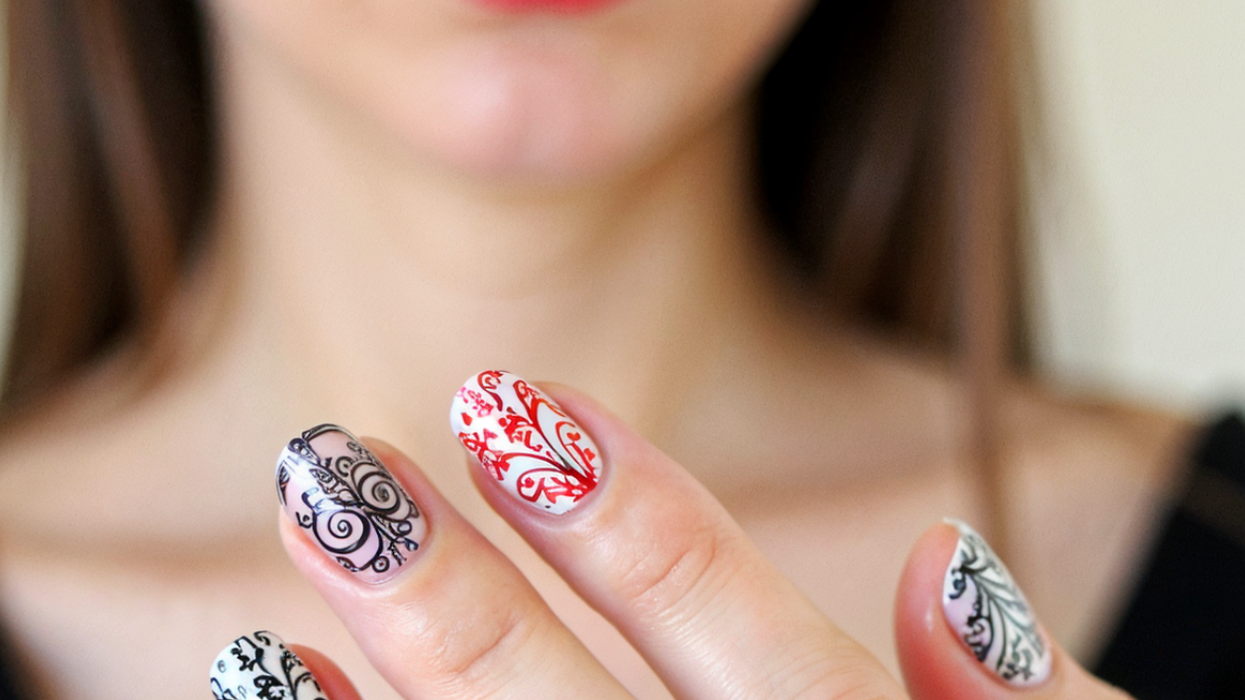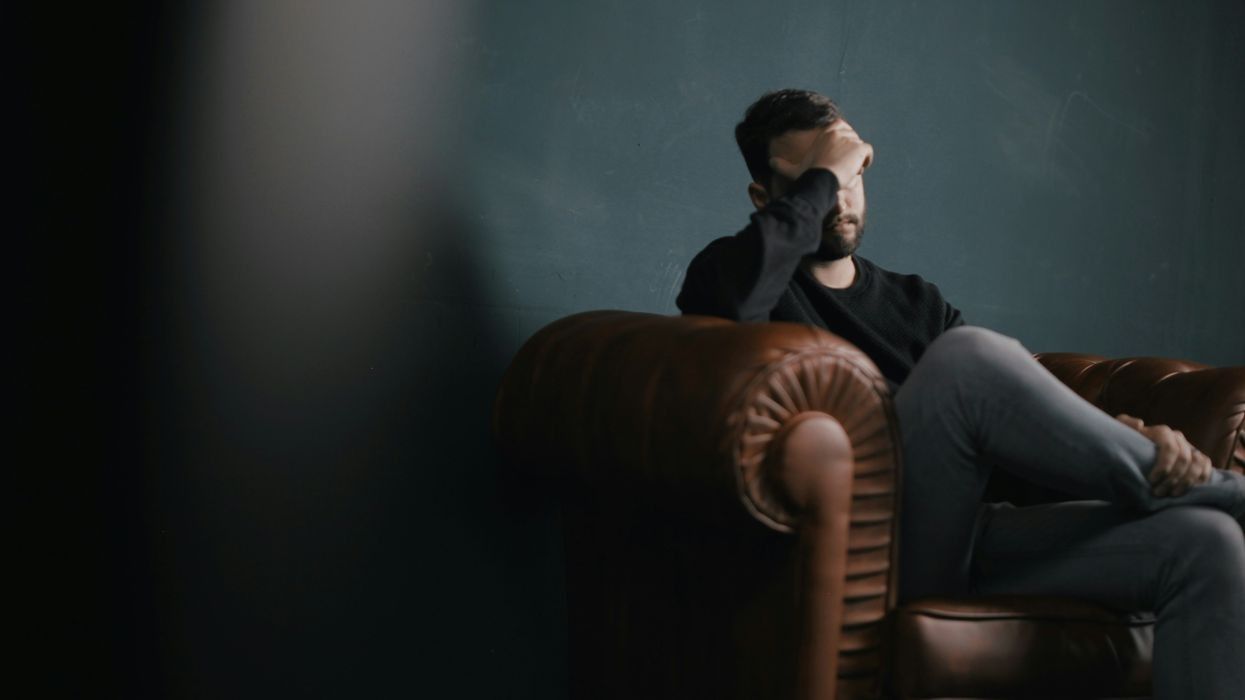"Sticks and stones may break my bones, but words will never hurt me." For Kennedy Eurich, an influencer, comedian and host of the Dumber Blondes podcast, the realization hit her that the poetic phrase is nothing but a farce. She revealed in a recent episode of her show the deep impact her mom's words and treatment of herself have impacted Eurich's own self esteem and body image. And it's sparked an online conversation about the power of parents' words.
In a clip on TikTok, she opens with, "As you get older and you start developing, you kind of realize how things affected you growing up. And one of those things is how my mom talks about herself," Eurich explains. She goes on to say that her mom is "insecure, which I don't understand. But all growing up she would say things about herself and put herself down."
Eurich adds that she thinks it's "so crazy", and that she thinks her mom is "the most beautiful women who's aged so gracefully." And whether she realized it or not when she was younger, Eurich is finally coming to the realization that her mom's words have ingrained in her a number of issues and insecurities. "When my mom talks poorly about herself, it actually really hurts me," she says. "Some of my insecurities have kind of come from how my mom talks about herself."
@dumberblondepodcast Going deeper and discussing family dynamics on this Tuesday’s episode of Dumber Blonde @Ken Eurich #dumberblondepod
She explains how she saw and heard her mom pick apart her own appearance. "She would always point out her neck and her neck fat...and I find myself getting chin lipo." Eurich has openly shared about her recent journey getting liposuction on her chin in November 2024.
@ken.eurich Day 2 post #chinlipo
She continues to explore her thoughts about her mom's impact in her life. "Stuff like that gets in your head. I'm realizing at least how much that affects you and how much it affects your kids."
Eurich's followers shared their thoughts and personal experiences in the comments section, with heartbreaking response. One follower wrote, "THIS. I love my mom with my whole heart but I grew up watching her criticize every single thing about herself and I learned that that’s just how you treat yourself. 🥺 it took a lot to be kind to me." And another shared, "YES my mom has always torn apart her body, we have the exact same body type, it’s been my biggest insecurity since i was a child 😭 it sticks with you forever." One follower's experience is truly heartbreaking, adding, "My mom always talked about how 'fat she was', so even at my lowest weight - I thought I too was 'fat'. I look back at photos during that time in disgust I thought that. 1000% agree with this."
The vulnerable message sparked others to re-evaluate and re-examine their words and actions around their own children—and encourage one another to be more mindful about what they say about themselves when their kids are around. "I’m so bad about this 😭 I don’t even notice I’m doing it most days." And another TikToker added, "This is such an important conversation to have. I have to check myself a lot around my 6 year old." It also inspired another watcher to share: "As a mom myself— this is a reminder to be kinder and as confident as possible around my babies 🙏🏼✨."





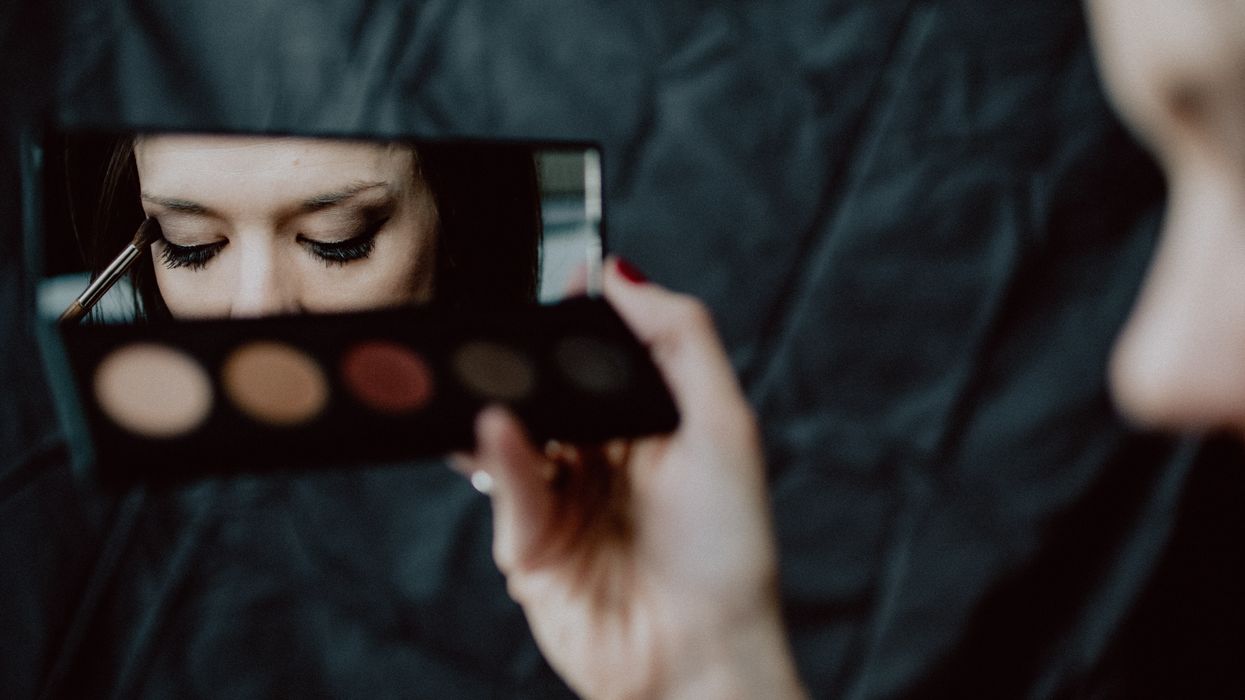






 It wasn't even February, so she wasn't expecting what came next.
It wasn't even February, so she wasn't expecting what came next.  The hug came first, the 'yes' took a few moments more.
The hug came first, the 'yes' took a few moments more. 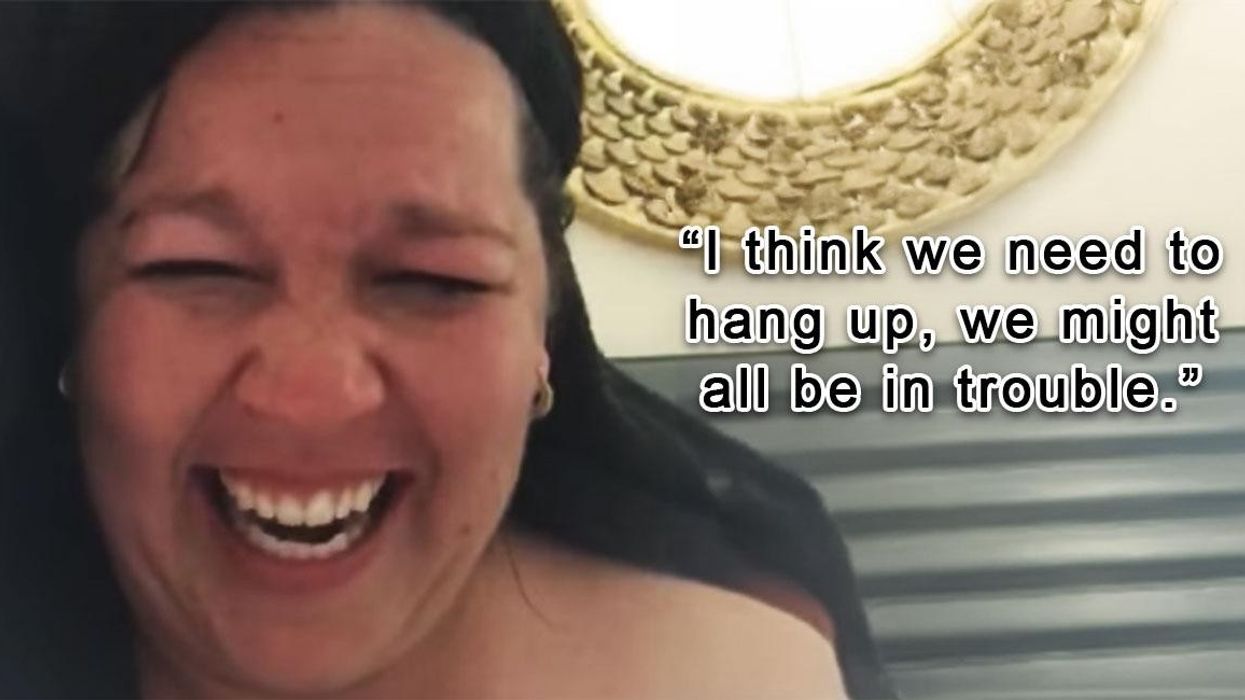
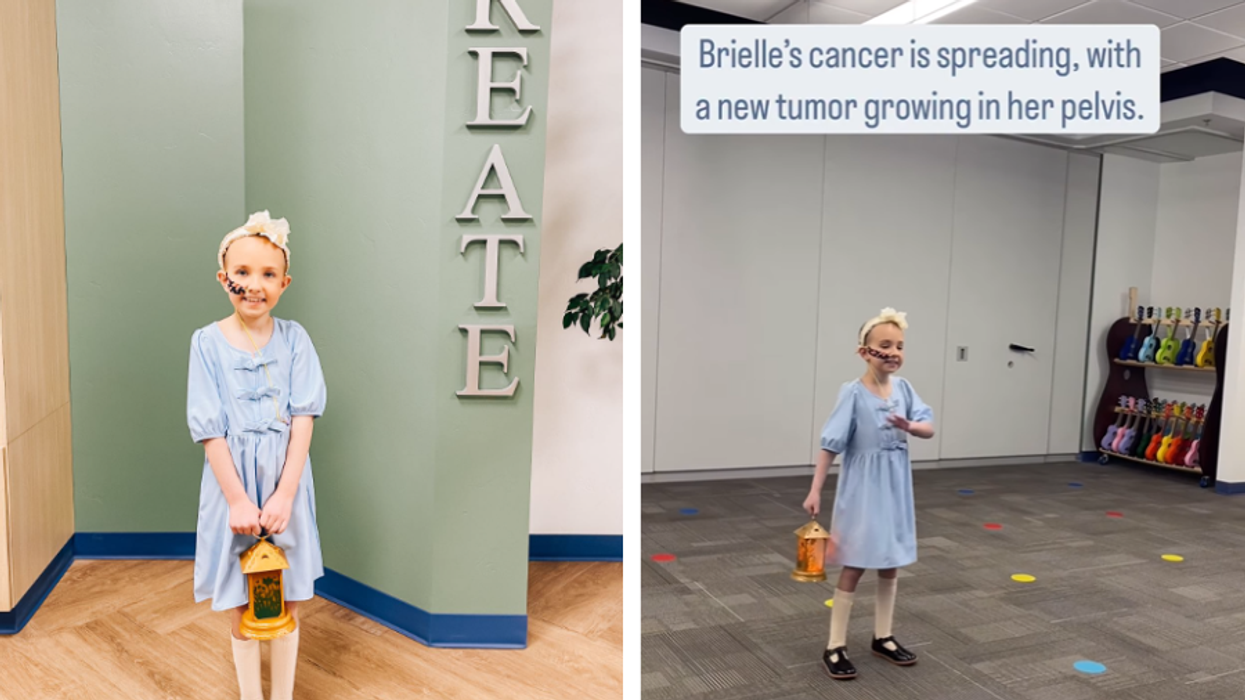


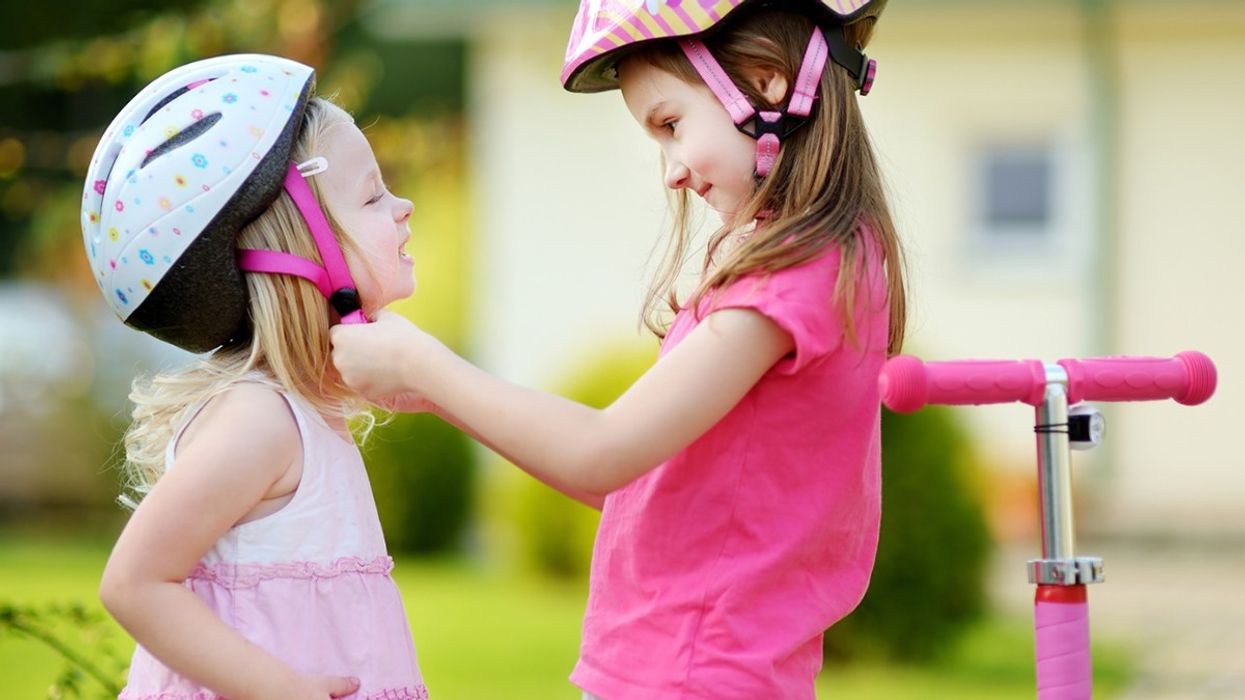


 A golden retriever carries a baseball bat in its mouthCanva
A golden retriever carries a baseball bat in its mouthCanva